Introduction to Speech Therapy
Pediatric Speech-Language Pathologists (also known as Speech Therapists) diagnose and treat speech and language disorders in children.
Speech disorders occur when a child has difficulty producing speech sounds correctly or fluently, or has problems with his or her voice or resonance. Strongly linked to the mechanism for speech, feeding and swallowing are two functions also treated by Speech-Language Pathologists. Signs and symptoms of feeding and swallowing disorders may include sensitivity to the texture, temperature, and/or smell of foods as well as irritability or lack of alertness during feeding. Such issues are somewhat common among children on the autism spectrum.
Language disorders occur when a child has trouble understanding others (receptive language) or sharing thoughts, ideas, and feelings (expressive language). Language disorders may be spoken or written and may involve the form, content, and/or use of language in functional and socially appropriate ways. As such, speech-language pathologists treat social communication disorders, which occur when a child has difficulty with the social use of verbal and nonverbal communication. These disorders may include problems communicating for social purposes (e.g., greeting, commenting, asking questions) and marked impairment in the ability to initiate or sustain conversation with others. Lastly, Speech-Language Pathologists treat cognitive-communication disorders including difficulties with organizing thoughts, paying attention, planning, and problem-solving, which are often intertwined with language deficits.
Assessment and Treatment
A Speech-Language Pathologist will conduct a comprehensive assessment of the student’s speech and language skills in order to develop a treatment plan that will provide him or her with optimal care. The SLP will review the student’s records and collaborate with school staff in order to provide a comprehensive program to the student.
Benefits of Speech-Language Therapy
By strengthening a student’s speech and/or language skills, he or she can benefit in the following ways:
- Improved intelligibility by communication partners
- Increased awareness of sounds for early literacy development
- Development of comprehension and listening skills
- Clearer expression of thoughts, ideas, and feelings
- Improved ability to initiate, maintain, and participate in conversation and play
- Reduced frustration due to difficulties understanding language and speaking
- Increased confidence as a result of improved communication abilities
- Success in the academic environment
Speech-Language Therapy Services
Our Speech-Language Pathologists use a collaborative approach to intervention. By seeking input from parents and family, teachers, and other specialists, the most effective treatment plan for the student is collectively designed. Services can be delivered in one or more of the following ways, depending on the needs of the student.
- Individualized Assessment
- Home-based Therapy: Direct 1:1 treatment
- School-based Therapy (pull-out or push-in): Direct 1:1 treatment, Small group treatment
- Consultation, Training, and Education for family members, teaching staff, and caregivers
Speech-Language Pathologists can help with:
- Speech Sound Disorders
- Apraxia of Speech
- Stuttering
- Voice
- Feeding and Swallowing
- Social Communication
- Receptive Language
- Expressive Language
- Phonological Awareness
- Reading Accuracy
- Reading Comprehension
- Written Language Expression
